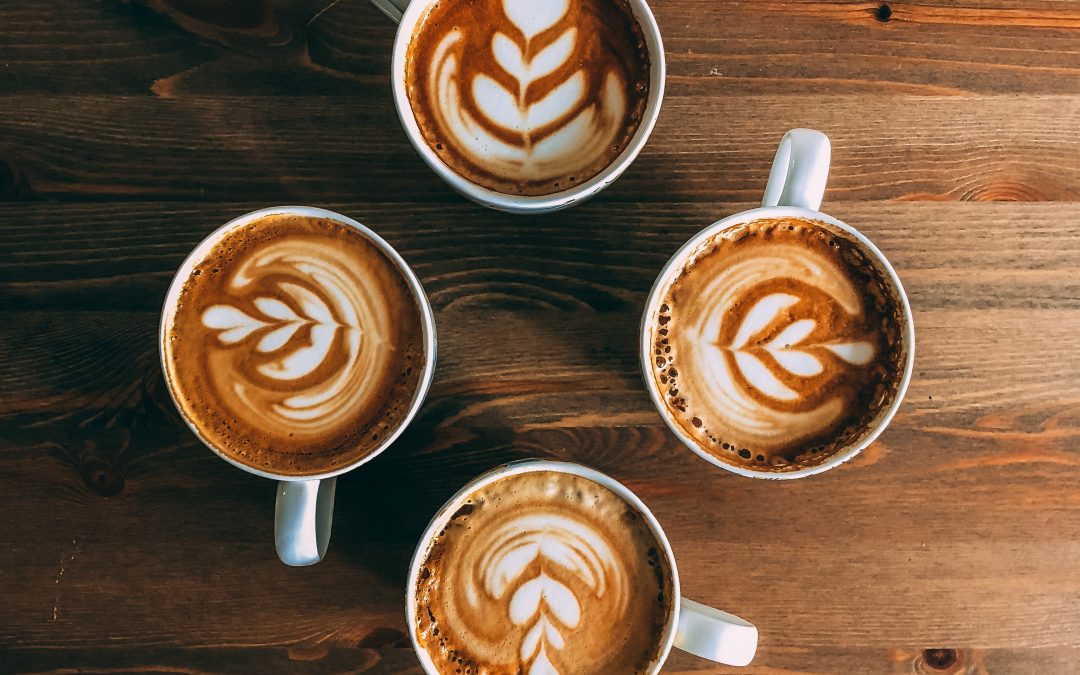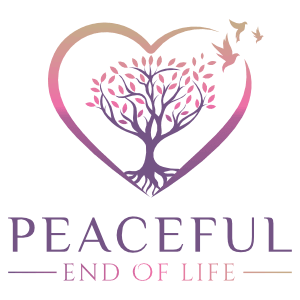Death Cafes – the term may not initially inspire a sense of ease or comfort, but the reality is that Death Cafes serve as safe, guided environments for strangers to gather over vitalizing tea and cakes and discuss the tabooed subject of death in a manner that is life-affirming and broadening. Death Cafes were popularized by a British man named Jon Underwood, who was inspired by the work of Swiss sociologist and anthropologist Bernard Crettaz. Crettaz created “café mortels” in 2004, piggybacking off of the “café philosophique” movement – the general theme being to gather people together over invigorating food and drink to discuss a subject and share thoughts and opinions for mutual growth. The stated objective of the non-profit organization, Death Cafe, founded by Jon Underwood before he passed away, is “to increase awareness of death with a view to helping people make the most of their (finite) lives.”1
Death Cafes are volunteer organized events typically hosted at cafes or tea shops. A screened mediator and host, often with a background in social work, facilitates the event with thoughtful questions and helps to guide the conversation in a productive, compassionate manner. Death Cafes are not bereavement or grief support groups, instead functioning as safe spaces to explore death related topics that many people feel unable to talk about in typical conversations, even with friends and family. According to the Death Cafe website, www.deathcafe.com, the organization has “offered 11,683 Death Cafes in 74 countries since September 2011.” The movement has only grown in popularity since then, and as a large portion of the United State’s population is aging, it is more crucial than ever to be able to speak openly about death.
You can search on their website for a Death Cafe near you, or join one that is virtual!
- https://deathcafe.com/what/


